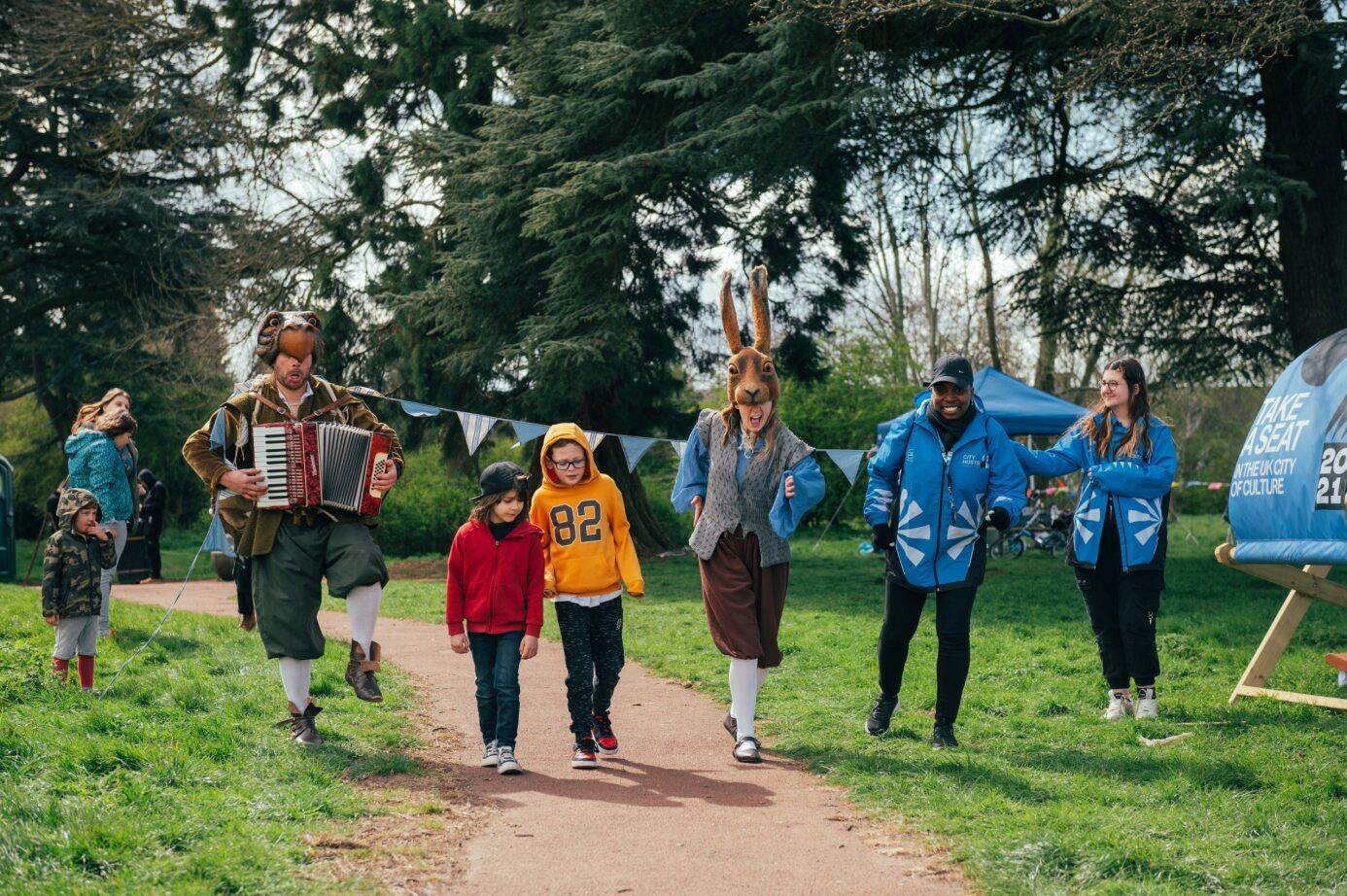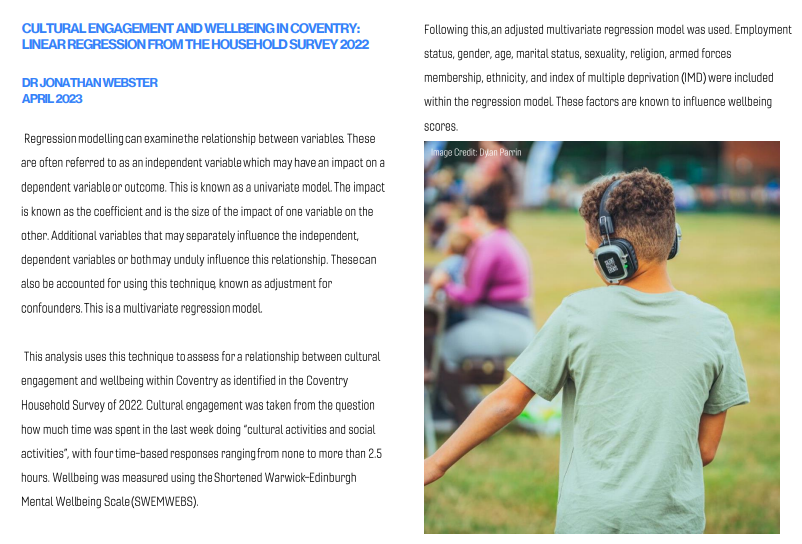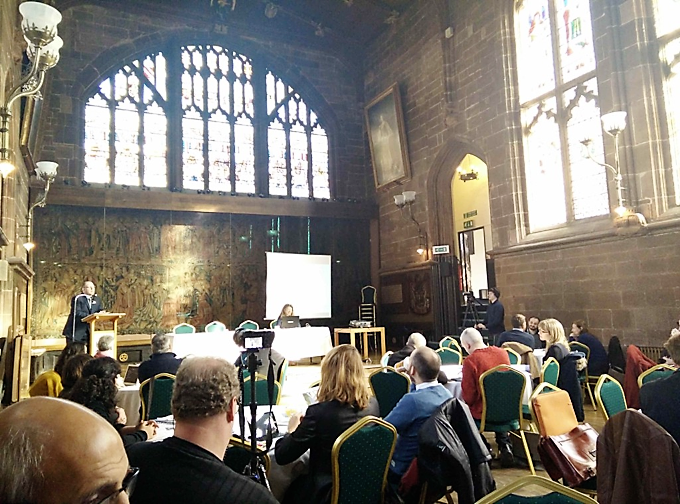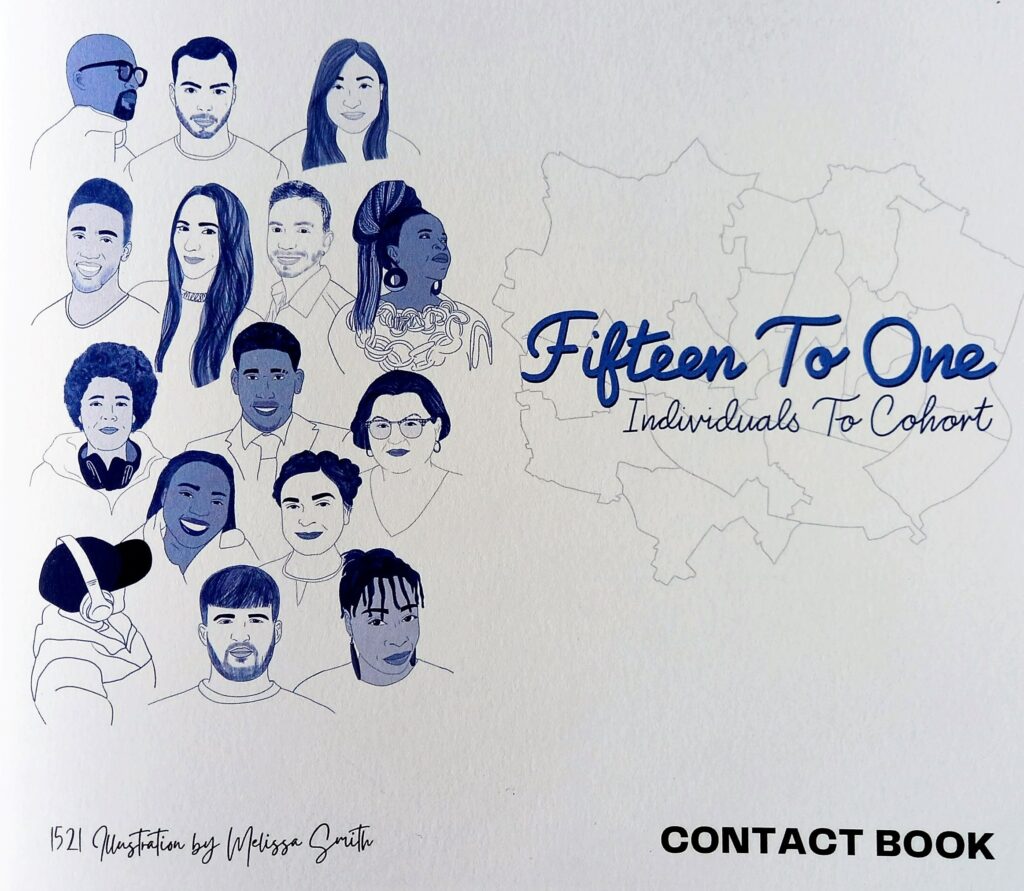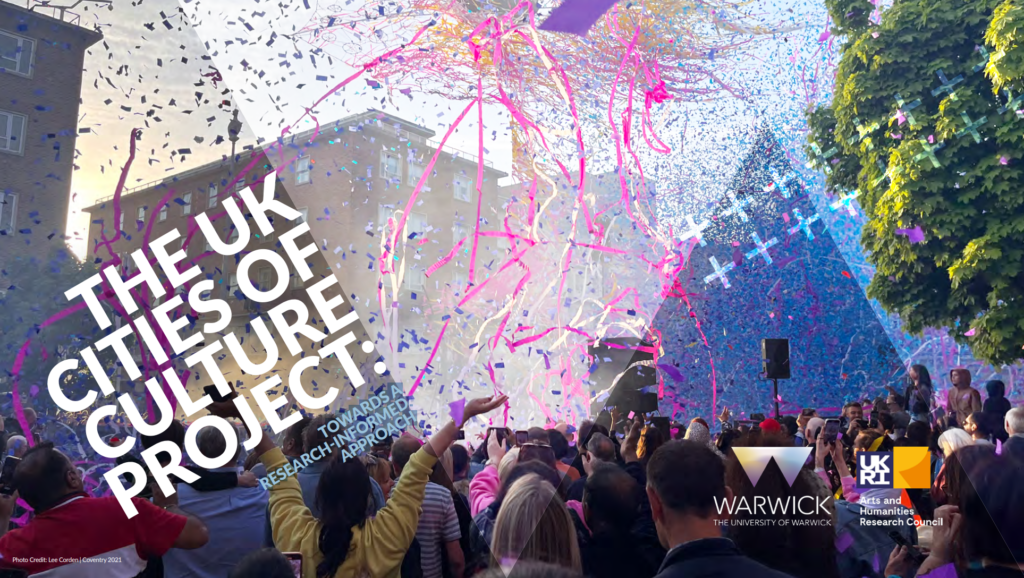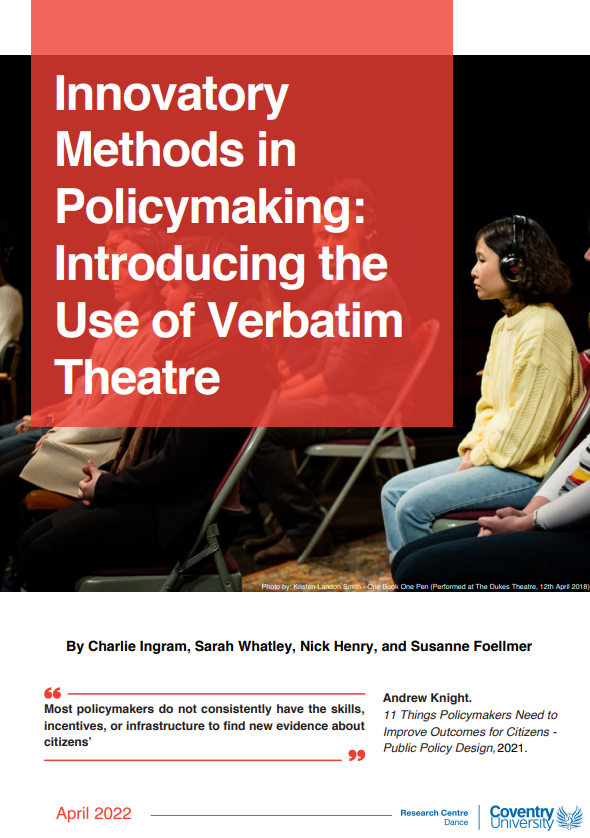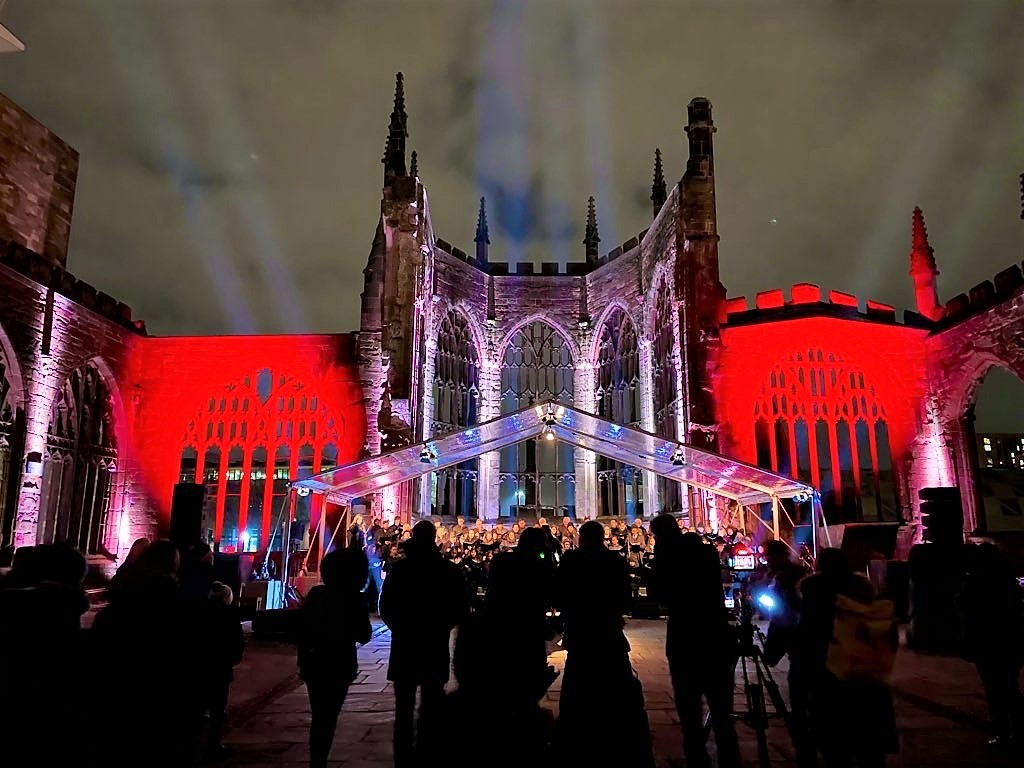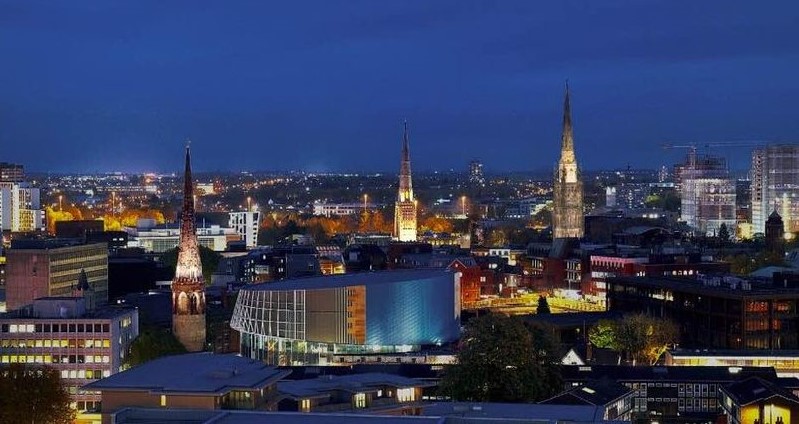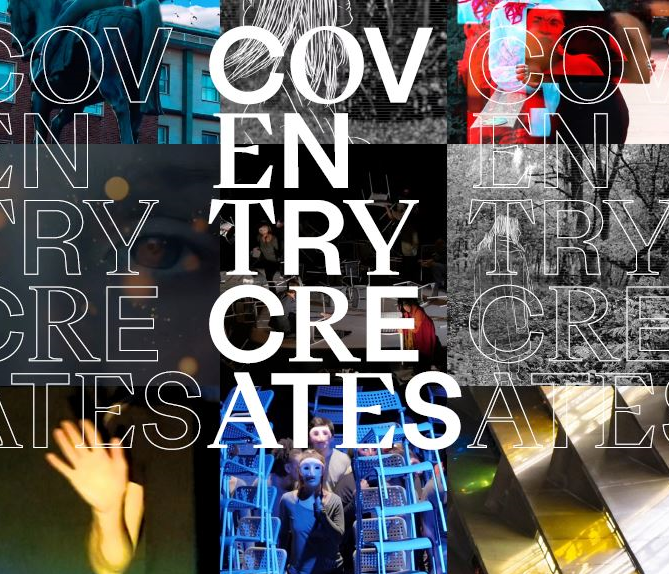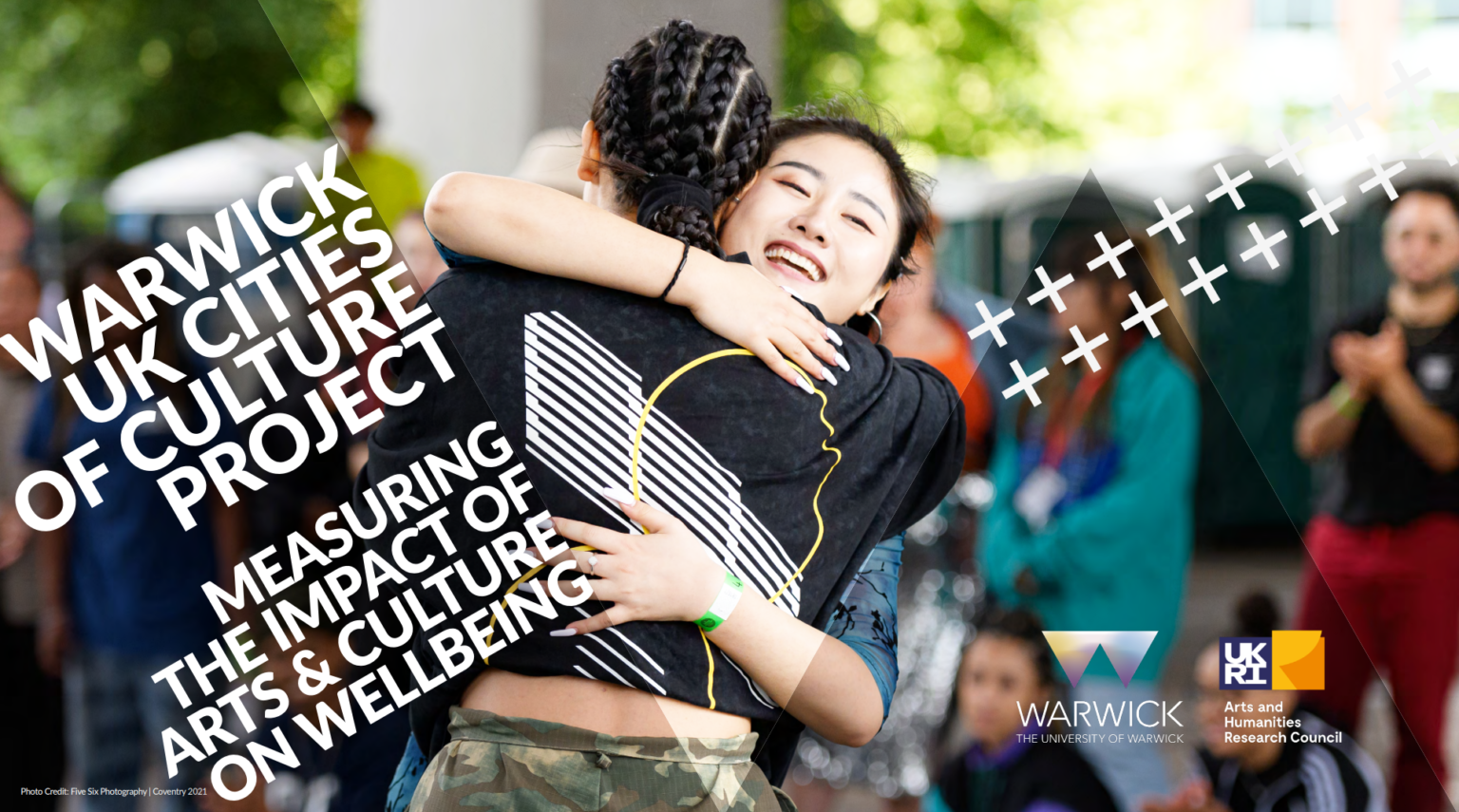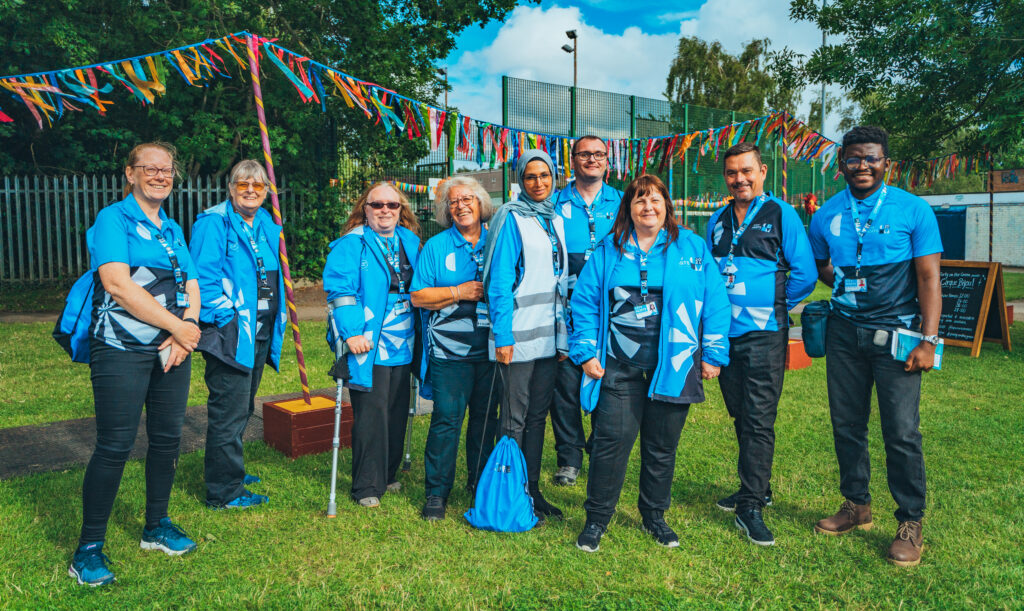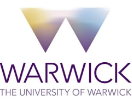Cultural Engagement and Wellbeing
Families engaging in culture during the Animals! event (Photograph: Jamie Gray)
Background
It is well established that engaging and participating with culture can be beneficial to health and wellbeing. The Future Trends paper Measuring the Impact of Arts & Culture on Wellbeing notes that the ‘data suggest that increased engagement in arts events, historical sites and museums is associated with higher life satisfaction’.
UK Cities of Culture and European Capitals of Culture have long been associated as drivers for increased wellbeing through engagement and participation with culture. Within Coventry, findings from the Household Survey allow for potential patterns and links to be identified following the UK City of Culture 2021 (UK CoC 2021) year.
Cultural Engagement and Wellbeing Report
The Report
A report released in April 2023 examined cultural engagement and wellbeing in Coventry, with linear regression from the 2022 Household Survey.
Approach
As part of the analysis of data from the Coventry Household Survey 2022 for the evaluation of Coventry’s time as UK CoC 2021, potential links between cultural engagement and wellbeing were examined.
The Household Survey asked how much time was spent in the last week doing ‘cultural activities and social activities’, with four time-based responses available ranging from none to more than 2.5 hours. Wellbeing was measured using the Shortened Warwick-Edinburgh Mental Wellbeing Scale (SWEMWEBS).
Using an adjusted multivariate regression model − which takes into account employment status, gender, age, marital status, sexuality, religion, armed forces membership, ethnicity and index of multiple deprivation (IMD) − the link between cultural engagement and wellbeing scores was explored.
Findings
Both the results of the adjusted and unadjusted regression models demonstrate a positive correlation between engagement with culture and an increase in culture. In short, the greater the duration of cultural engagement the higher the wellbeing scores.
Although all results were statistically significant, the adjusted R2 for both the unadjusted and adjusted models was extremely low at 4.5% and 15.2% respectively.
This indicates that there is high variability between the dependent variable (in this case SWEMWEBS) and the dependent variables indicating that further study and shaping of methodologies for surveys of this kind is required.
Acknowledgements
This analysis was undertaken by Dr Jonathan Webster, Public Health Registrar, who at the time was based at Warwick Medical School.
Link
The Animals! event featured in the photograph above is included as a Social Value Assessment case study.


